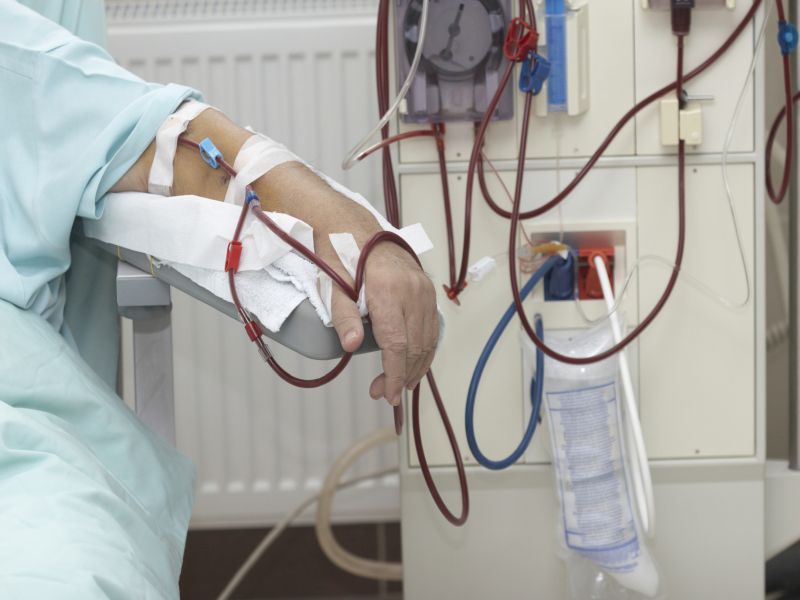MONDAY, Jan. 25, 2021 (HealthDay News) — Electronic ‘early warning systems’ for kidney damage in hospital patients don’t improve outcomes, researchers say.
These systems are meant to alert for acute kidney injury (AKI). AKI, a sudden decrease in the kidney’s filtration function, occurs in 15% of hospital patients and increases the risk of death 10-fold.
The systems give an automated alert in the patient’s electronic health record when lab tests show a sharp rise in blood levels of creatinine, an indication of AKI. Creatinine is a chemical waste product produced by the muscles.
“The prevailing wisdom was that these alerts could only benefit patients,” said Dr. F. Perry Wilson, director of the Clinical and Translational Research Accelerator at Yale University in New Haven, Conn. “But after our study, the safest conclusion is that we can’t provide any evidence that these alerts are beneficial.”
Wilson’s team examined data from more than 6,000 adult patients with AKI at six Yale-affiliated hospitals.
Half of their health care providers received an alert about AKI. The alert function was turned off for the other patients.
The researchers found that the alerts led to slight changes in care — including additional urine tests, more creatinine measurement, and increased documentation of the patients’ AKI — but didn’t make a difference in outcomes.
Patients in the alert group were as likely to have worsening AKI-related conditions, require dialysis, or die as those in the non-alert group, according to findings published online Jan. 18 in the BMJ.
The researchers were alarmed to find that at two non-teaching hospitals, the death rate for patients who received an AKI alert was much higher (15.6%) than for those who didn’t receive an alert (8.6%).
“What our study says is that we need to go back to the drawing board to find out what’s not working,” Wilson said in a Yale news release. “We need to look more closely at provider behaviors. Are they giving too much IV fluid? Are they getting distracted? We don’t have one clear culprit to explain the bad outcomes.”
More information
The National Kidney Foundation has more on acute kidney injury.
SOURCE: Yale University, news release, Jan. 18, 2021
Copyright © 2026 HealthDay. All rights reserved.

